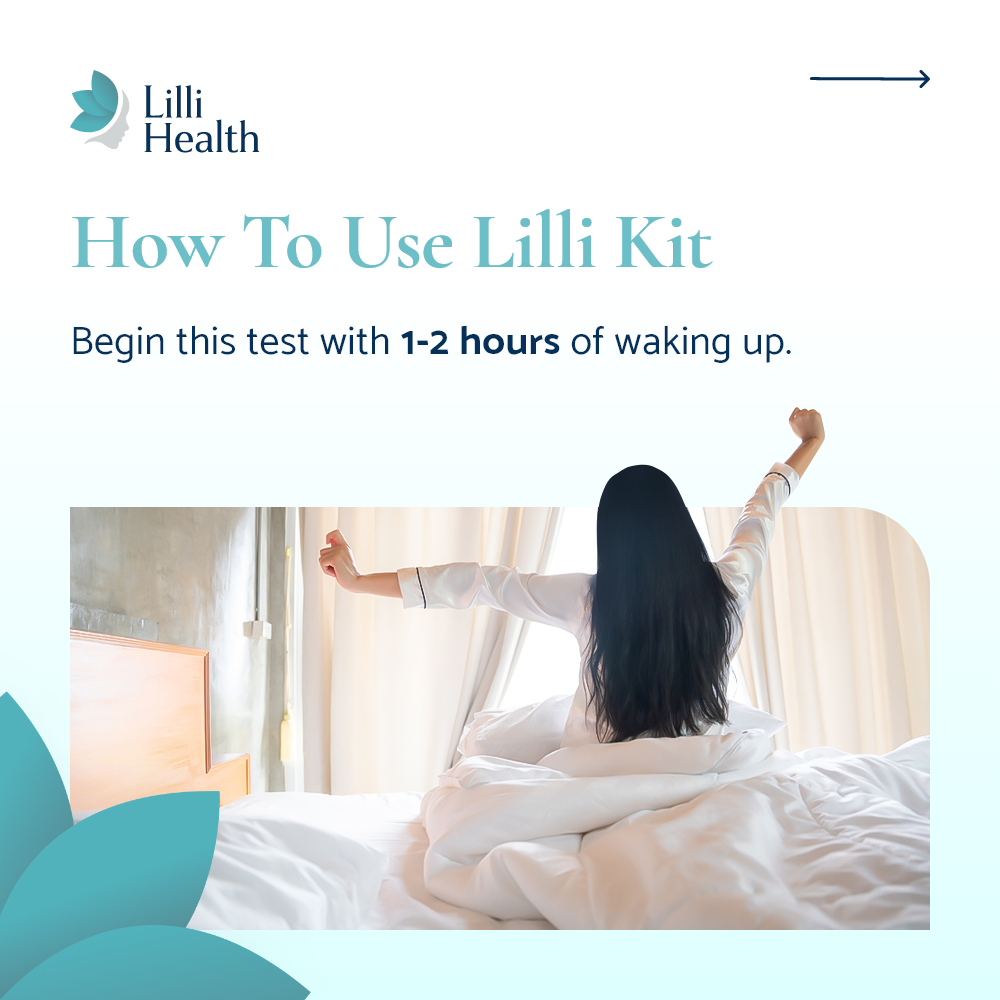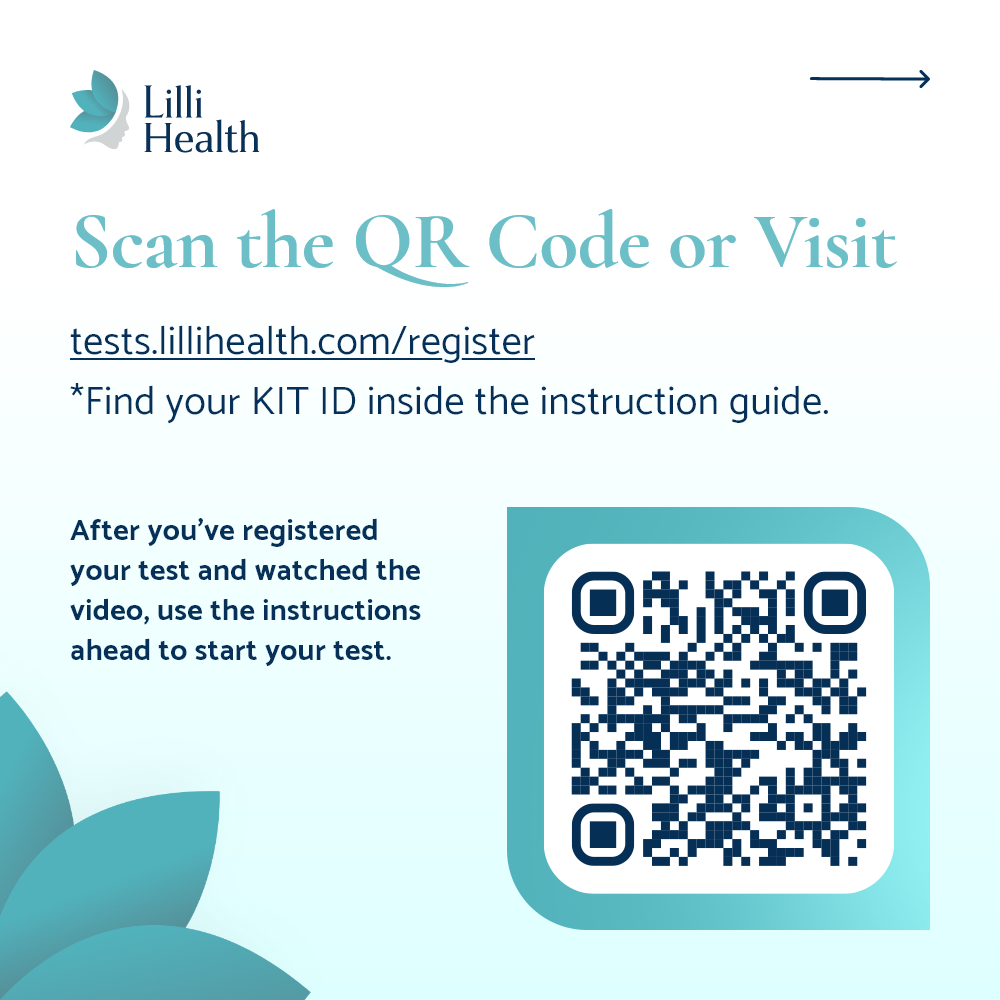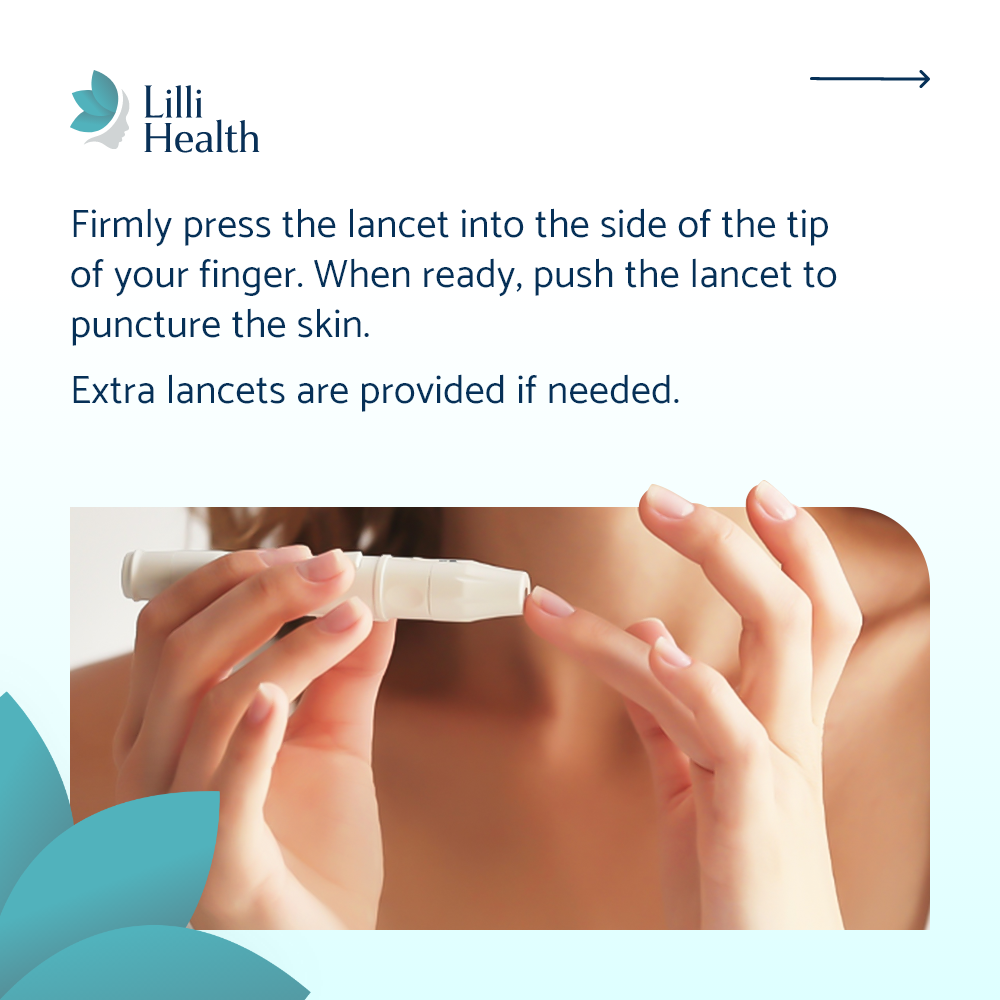

Black Maternal Health: Navigating Insulin Resistance with a Low Insulin Lifestyle
There is an urgent need to address the disparities Black women face during pregnancy and childbirth. Among the many contributing factors, insulin resistance plays a significant role in maternal health outcomes. This often-overlooked issue is closely linked to chronic inflammation, gestational complications, and long-term metabolic health risks.
Let’s dive into the intersection of insulin resistance, chronic inflammation, and maternal health in the Black community, highlighting why these issues matter and how adopting a Low Insulin Lifestyle could be a game-changer for improving outcomes.
The Alarming Reality of Maternal Mortality in the Black Community
The statistics surrounding Black maternal health are deeply concerning. Black women in the U.S. are three to four times more likely to die from pregnancy-related complications than white women. This disparity remains regardless of education level or socioeconomic status, underscoring the systemic nature of the issue.
While many discussions focus on access to care and racial bias in healthcare, underlying metabolic health issues like insulin resistance are often overlooked despite their direct impact on pregnancy and maternal health outcomes.
Insulin Resistance and Chronic Inflammation: The Hidden Threat
Black women are disproportionately affected by insulin resistance, a condition where the body does not respond effectively to insulin, leading to elevated insulin levels even when blood sugar appears normal. This metabolic dysfunction is often paired with chronic inflammation, creating a cycle that increases the risk of:
- Gestational diabetes
- Hypertension and preeclampsia
- Preterm birth and low birth weight
- Increased risk of type 2 diabetes postpartum
One major issue is that many individuals with high insulin levels have normal A1c and glucose readings, meaning standard prenatal screenings often miss insulin resistance. Expanding routine testing to include fasting insulin levels could help identify women at risk much earlier.
How Insulin Resistance Affects Pregnancy and Fetal Health
During pregnancy, insulin resistance can cause unstable blood sugar levels, excessive weight gain, and hormonal imbalances that increase the risk of complications for both mother and baby. Babies born to mothers with uncontrolled insulin resistance are more likely to experience:
- Higher birth weight and increased risk of childhood obesity
- Blood sugar instability after birth
- A greater likelihood of developing insulin resistance later in life
This cycle not only affects maternal health but also impacts future generations, reinforcing long-term health disparities.
A Low Insulin Lifestyle: A Path to Healthier Pregnancies
Addressing insulin resistance does not start with medication—it starts with lifestyle changes that regulate insulin levels and reduce inflammation. A Low Insulin Lifestyle focuses on:
- Eliminating high-insulin foods by avoiding starches, processed sugars, and insulin-spiking dairy products
- Prioritizing whole, nutrient-dense foods such as lean proteins, non-starchy vegetables, nuts, seeds, and healthy fats
- Stabilizing blood sugar by eating balanced meals to prevent insulin spikes and crashes
- Incorporating movement to improve insulin sensitivity and metabolic health
The Power of Prevention: Improving Maternal Health Outcomes
For Black women facing insulin resistance and the health risks it creates during pregnancy, a Low Insulin Lifestyle can be transformative. By lowering insulin levels and reducing chronic inflammation, this approach has the potential to:
- Support healthier pregnancies with fewer complications
- Improve fertility and hormonal balance before conception
- Reduce the risk of gestational diabetes and preeclampsia
- Break the cycle of insulin resistance that affects future generations
The Bottom Line
Black maternal health disparities cannot be fully addressed without acknowledging the role of insulin resistance and metabolic health. Expanding prenatal screening to include insulin levels, not just glucose or A1c, and promoting proactive lifestyle changes can have a profound impact on maternal and infant health.

































